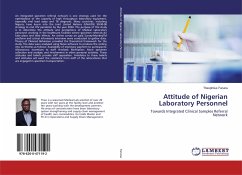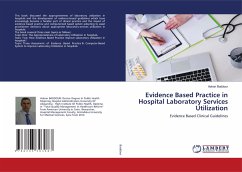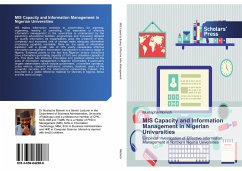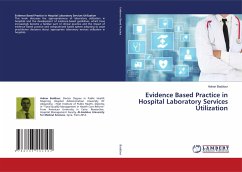An integrated specimen referral network is one strategy used for the optimization of the capacity of high throughput laboratory equipment, especially viral load assay and TB diagnosis. Many countries, including Nigeria, have key-in into the Joint United Nations (UNAIDS) 90-90-90 strategy to end HIV pandemic by the year 2030. The purpose of this study is to determine the attitude and perceptions of Medical Laboratory personnel working in the healthcare facilities where specimen referrals do take place and their effects. An online survey on paid Survey-MonkeyTM platform and critical informants interview were conducted to gather data. Theory of Planned Behaviour provided the theoretical framework for the study. The data were analyzed using Nvivo software to produce the coding into six themes as follows: Availability of monetary payment to participants; Allowances; Incentives to staff involved; Motivation; More specimen collection and analysis; and Involvement in other personal activities. These attitudes and beliefs provide stiff opposition. Antidotes to these beliefs and attitudes will avert the resistance from staff of the laboratories that are engaged in specimen transportation.
Hinweis: Dieser Artikel kann nur an eine deutsche Lieferadresse ausgeliefert werden.
Hinweis: Dieser Artikel kann nur an eine deutsche Lieferadresse ausgeliefert werden.








